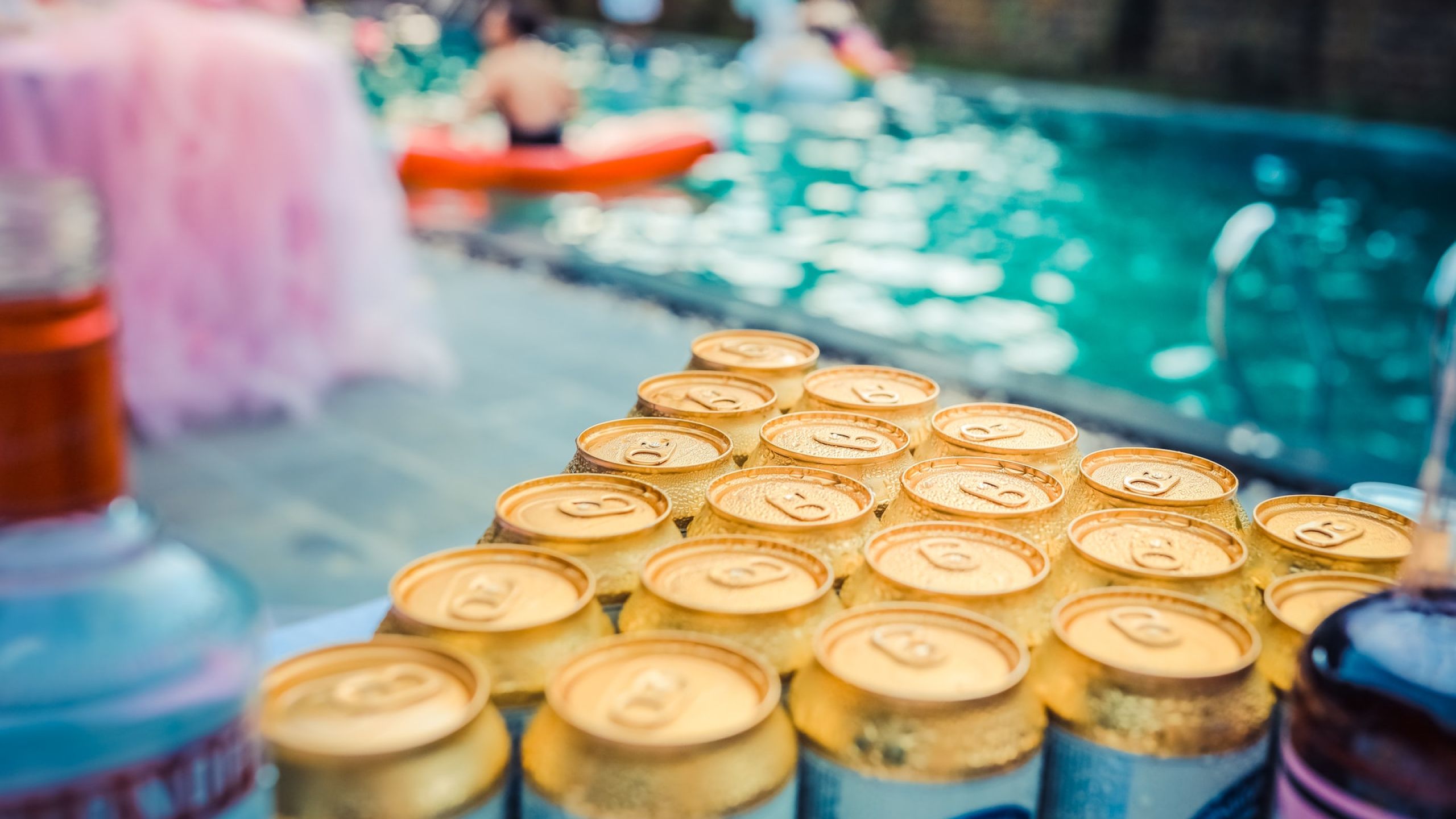Picnic fun without the lawsuits

June 11 is national corn on the cob day. It’s not the only food-themed national holiday this month. There are days for German chocolate cake, peanut butter cookies, and even strawberry shortcake. All of these are perfect picnic foods.
Picnics are part of summertime fun for many people. Avoiding the personal injury and premises liability lawsuits that can come with them isn’t difficult when you practice some basic safety guidelines.
Backyard parties and premises liability
Premises liability is the legal term for a property owner’s responsibility to take reasonable precautions to ensure the safety of guests and other visitors. If you ignore an issue, hazard, or danger that leads to the serious injury or death of someone on your property, you’ll be accountable under premises liability laws in New Mexico.
While it may make you feel like a Debbie Downer, it’s important to establish rules and make sure you guests follow them to ensure everyone’s safety. Here are some other things you can do to reduce your liability risk.
Choose physical activities wisely
Outdoor picnics lend themselves to games and other physical activities. Some are more dangerous than others and should be avoided if you want to avoid the possibility of accidents and injuries. Watersports and other swimming pool games can be fun, but they also increase the risk of someone getting hurt. It’s best to avoid these types of activities, especially if alcohol is involved.

Establish a safety perimeter
Most outdoor parties involve grilling food or having some kind of bonfire for roasting hotdogs and marshmallows. Establishing a safety perimeter around your grill can keep your guests safe and you free from lawsuits. Outdoor grilling accidents send thousands of Americans to the emergency room each summer. The numbers increase when those in charge of grilling indulge in alcoholic beverages until they’re drunk.
Whether your party guests are adults, children, or a mix of both, make sure you keep people away from the grill – or a bonfire – when it’s in operation. Make the grill or bonfire a “no-kid zone” and don’t make any exceptions. Lastly, keep people from horsing around near the grill or bonfire.
Install extra lighting
If your party extends into the evening hours, installing extra lighting can help prevent slip-and-fall accidents that lead to serious injuries. This precaution is especially important if you have a swimming pool on your property that guests can use during the festivities.
Lighting along areas that can be tripping hazards – patio pavers, sidewalks, stairways – should be a priority.

Limit alcoholic beverages
Any time you introduce alcohol at a party, you open yourself up to liability issues. Guests who don’t know when to stop drinking can become belligerent and injure themselves or others. If you own a swimming pool, drinking at picnics and other gatherings can increase the risks of one of your guests drowning, or slipping and falling poolside.
Limiting or completely excluding alcoholic beverages from your party can reduce your liability risks. If you just can’t go without alcohol, be willing to cut off your guests if they run the risk of becoming so drunk it affects their judgment and everyone’s safety.
Practice food safety guidelines
Swimming pools and other outdoor hazards aren’t the only things you must monitor closely when hosting a summer picnic or outdoor party. If you plan to serve food, you’ll want to make sure you follow food safety guidelines to avoid giving any of your guests food poisoning. As a rule, you should:
- Avoid cross-contamination when preparing foods, especially foods on the grill. Never use the same utensils for cutting or priming meats and other food products.
- Keep cold foods cold by placing them in a cooler with ice. Store it at 40 degrees Fahrenheit or lower to prevent bacteria growth. Make sure cooler lids stay closed to maintain ideal temperatures.
- Keep hot foods hot by wrapping them well and placing them in an insulated container. Hot food must be kept at around 140 degrees Fahrenheit. Never let it sit out for more than 2 hours (1 hour if the temperature is 90 degrees or higher) without refrigerating.
- Use a food thermometer to ensure you’re cooking meats and other raw foods to a safe temperature for consumption.
How to handle negligent party hosts
If you attend a backyard party or picnic and the hosts fail in their duty to provide a reasonably secure environment, you can discuss your legal options with one of our experienced premises liability lawyers. Give us a call at 505-218-7844 or request your free case evaluation online.